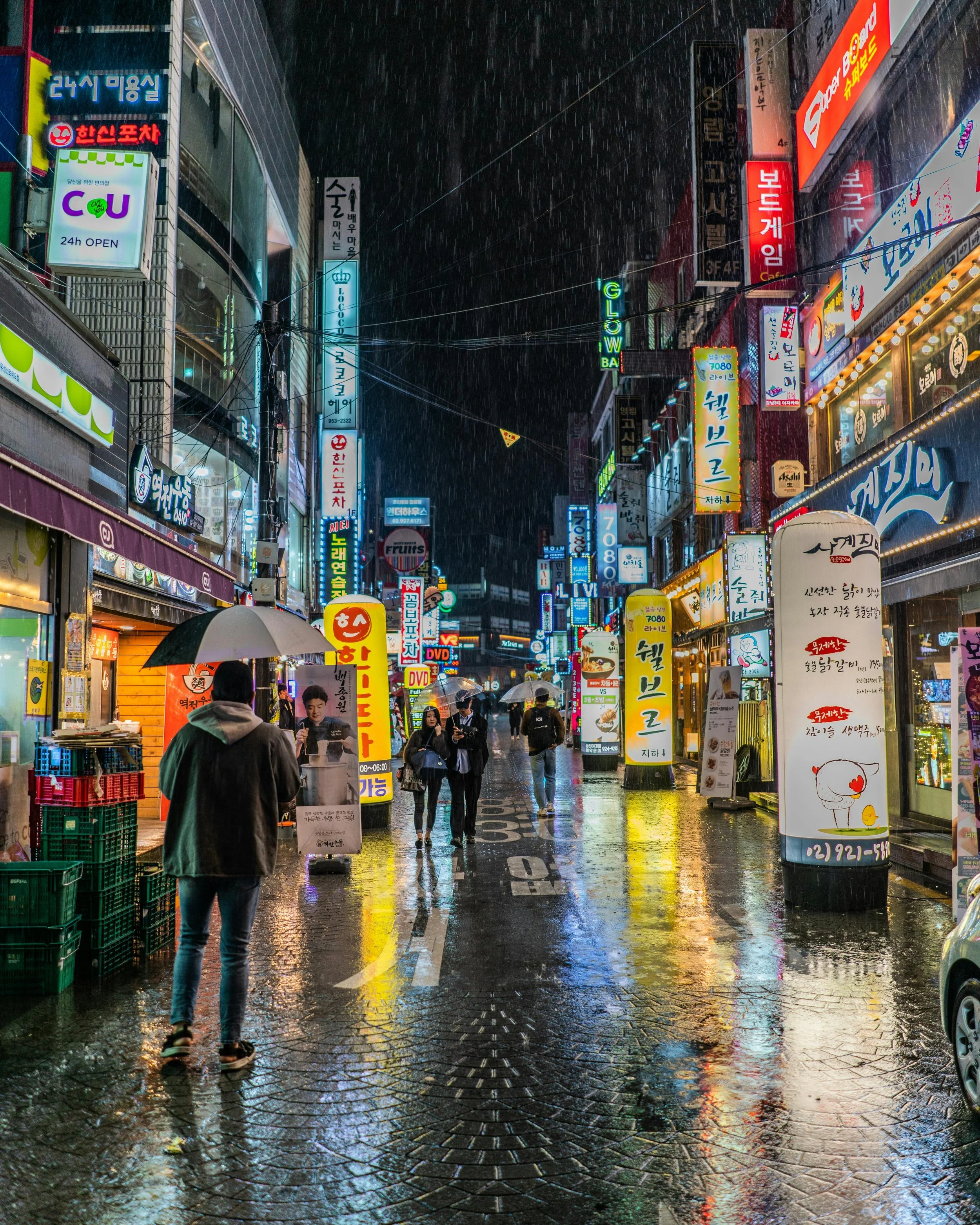What I Learned Living in South Korea as a Black Woman
Sandra, LA
Traveler Details: Age Range: Early 30s | Food Preferences: Adventurous eater, local cuisine explorer, open to new flavors | Moderate budget | Passionate about language immersion and cultural exchange | Introverted, ambitious | TEFL-certified English teacher | Wears natural hair in a puff or wrap | Spiritually grounded, socially curious, and a lover of slow mornings
I moved to South Korea because I wanted more than just a job—I wanted to feel alive again. I was burnt out back home. Teaching in the U.S. had worn me down, and I needed a reset. When the opportunity came to teach English in a small city outside Seoul, I said yes before fear could talk me out of it. This is what I learned living in South Korea as a Black woman—lessons I didn’t expect, moments that shaped me, and a truth I carry with me even now.
First Impressions: Everyone Was Looking at Me
I’d read the blogs. I’d seen the YouTube vlogs. I thought I was ready. But nothing prepares you for being stared at everywhere—on the bus, in the store, even at work. The stares weren’t always hostile. Sometimes they were curious. Sometimes admiring. But always… constant. It took me weeks to stop shrinking. To hold my head up. To remember: this body deserves to take up space—even here.
My Home: Tiny, Quiet, and All Mine
My apartment was small. One-room studio, twin bed, compact kitchen, heated floors. But it was the first space that was mine in a long time. Decorating it with candles, affirmations, and plants made it feel like a safe haven. After long days of adjusting to a new world, I needed that cocoon more than I realized.
Teaching in Korea: Rewarding but Lonely at Times
My students were sweet, eager, and respectful. They taught me Korean slang and made me laugh more than I expected. But staffrooms could be isolating. I was the only foreigner—and the only Black person—in the entire school. There were days I felt invisible. Other days, hyper visible. What helped? Connecting with other Black expats online. WhatsApp groups, weekend Seoul meetups, YouTube creators like me—those became my community.
What I Loved About Living in Korea
• The safety. I could walk home at midnight and feel completely secure.
• The skincare. Yes, it’s that good. And yes, Black women use it too.
• The cafes. They’re aesthetic, peaceful, and perfect for journaling.
• The structure. Things work here. Public transport is fast, clean, and intuitive.
• The culture. From K-pop to traditional hanbok dress, I loved how deeply Korea honors its own history and art.
What I Wish I Knew Before I Moved
• Haircare is a challenge. Bring your products. Learn protective styles. There are a few Black salons in Seoul—but book early.
• Body types vary. I’m curvy. Finding jeans, bras, or even shoes in my size wasn’t easy. Order online or ship from home.
• Dating was complicated. Some men were curious. Others fetishized. I learned to trust my gut early.
• It’s okay to outgrow a place. Korea taught me so much—but I knew when it was time to leave.
Would I Do It Again?
Yes—but with more boundaries.
Living abroad doesn’t fix everything, but it reveals who you are. South Korea taught me to sit with discomfort, advocate for myself, and savor moments of peace in the chaos. If you’re a Black woman considering moving to Korea, here’s what I’ll say: You’re not too much for this place. You don’t have to become someone else to belong here. And no matter how far from home you are—you still deserve joy.
Final Tips for Black Women Moving to South Korea
• Bring a year’s worth of hair products, deodorant, and makeup that suits your shade
• Learn basic Korean phrases—it goes a long way with locals
• Prioritize your mental health early (apps like BetterHelp or community groups help)
• Find your people through Facebook, YouTube, or Meetup
• Visit Seoul often—Black-owned brunch spots, bookstores, and hair salons await
